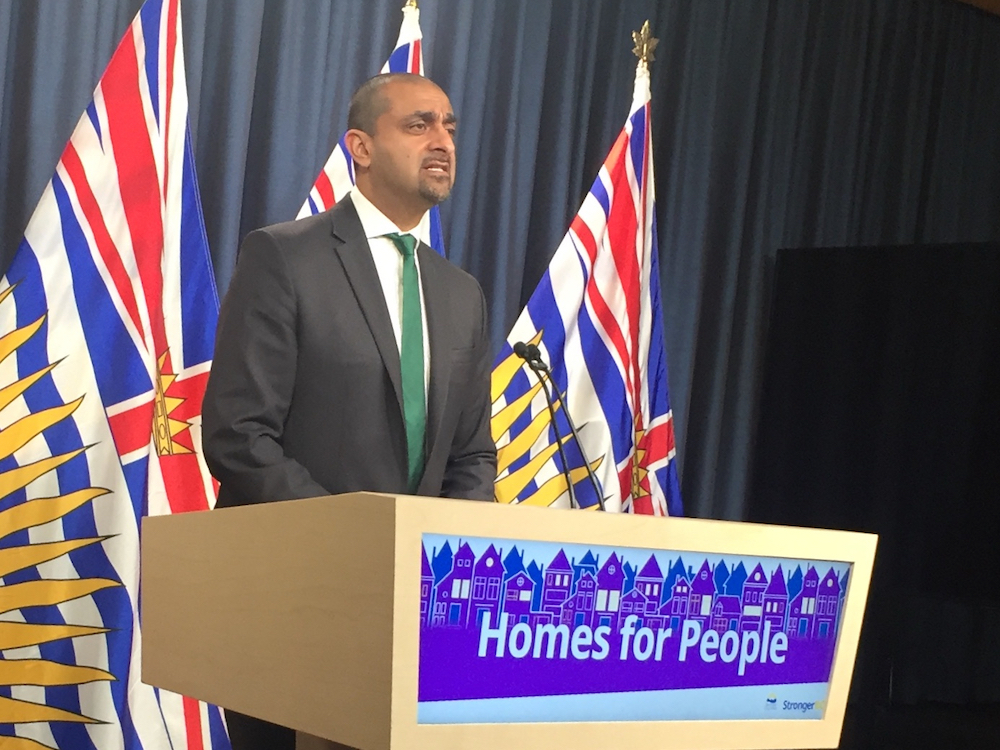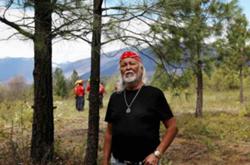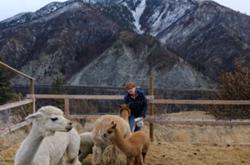The B.C. government is making a one-time $430 payment to low-income renters and increasing the monthly amounts available for senior renters.
“We know there’s many families that are struggling, but seniors in particular are more vulnerable in our communities,” Housing Minister Ravi Kahlon said Tuesday.
The one-time payments will be made automatically this month to families in the Rental Assistance Program and to seniors in the Shelter Aid for Elderly Renters program.
SAFER recipients will also get an average increase of $110 a month.
Dianne Varga, a Nanaimo renter and housing activist who receives SAFER, said that a $110-a-month increase will mean that rent will cost 52 per cent of her income instead of 55 per cent and still leave her severely cost burdened.
“Instead of taxpayers subsidizing rental rates that are completely unregulated in between tenancies, we need market regulation,” Varga said, adding that few affordable homes are available and seniors with higher incomes also need help. “We are back to talking about the need for vacancy control.”
Former seniors advocate Isobel Mackenzie has criticized the program for failing to meet the needs of senior renters.
In a recent report, she noted that over the past five years the proportion of seniors receiving SAFER grants has dropped by 14 per cent. For those who did receive the grants, the average amount they received decreased by eight per cent even as their rents went up by 12 per cent.
According to the report, the average SAFER subsidy was $198 per month in 2023, so the program would have cost $55.8 million.
Funding for the one-time benefit announced Tuesday is from $12.3 million in federal government funding for the Canada Housing Benefit and the province is spending $15.6 million on the monthly SAFER increases.
A key problem, Mackenzie said, is the SAFER program has a rent ceiling of $803 and does not pay a subsidy for any rent above that. The average rent for a one-bedroom home in Vancouver has risen to $1,696, but the SAFER rent ceiling has been static.
The seniors advocate had called for raising the ceilings to at least meet the average rent of a SAFER recipient, then increasing it each year to match the allowable rent increase in the province.
Kahlon said the government is raising the cap to 65 per cent of the average for a one-bedroom unit. “We are expanding that because we also acknowledge rents have gone up.”
BC Housing calculated the amount that would make SAFER available to more vulnerable seniors.
The government is also increasing the income threshold for the program to $37,240 from the previous $33,000.
“We think this will help a lot of seniors who are really struggling right now,” Kahlon said, adding that the number of seniors eligible for the program is expected to increase to 25,000, about 5,000 more than qualify now.
Senior renters have also benefited from the government capping rent increases below inflation and from changes to ban illegal evictions and prevent bad-faith evictions, said Kahlon. “We are doing a lot of different steps I think to support seniors,” he said. “This is just one additional piece that will help some of the more vulnerable seniors.”
The government will be rolling out an advertising campaign to encourage seniors who may be eligible for SAFER to apply, he said.
Dan Levitt, who began work as the new seniors advocate a few weeks ago, said he’s encouraged that the government will be letting people know about benefits that they may be eligible to receive.
The raise and changes to the program are steps in the right direction, said Levitt. “We’re glad to see the province is taking some action to improve some aspects of the SAFER program and the benefit it provides senior renters.”
He said he wanted to know more about the rent ceiling amounts, which he thought should be raised much higher, and whether the grant would be tied to inflation going forward, something that was unclear from the announcement and the minister’s comments.
It’s noteworthy that the government believes the changes will add only 5,000 more recipients, Levitt said. “I would have thought more people would have benefited from the program than they announced.”
BC Green Party Leader Sonia Furstenau said she was glad the government recognized that low-income seniors are struggling with rent and other expenses, but that the program needs to be expanded further with a higher income threshold.
Furstenau also said writing a cheque to Rental Assistance Program beneficiaries without providing more ongoing support will make little difference. “One-time benefits cost a lot of money and deliver no systemic change.” ![]()
Read more: Rights + Justice, BC Politics, Housing

















Tyee Commenting Guidelines
Comments that violate guidelines risk being deleted, and violations may result in a temporary or permanent user ban. Maintain the spirit of good conversation to stay in the discussion and be patient with moderators. Comments are reviewed regularly but not in real time.
Do:
Do not: